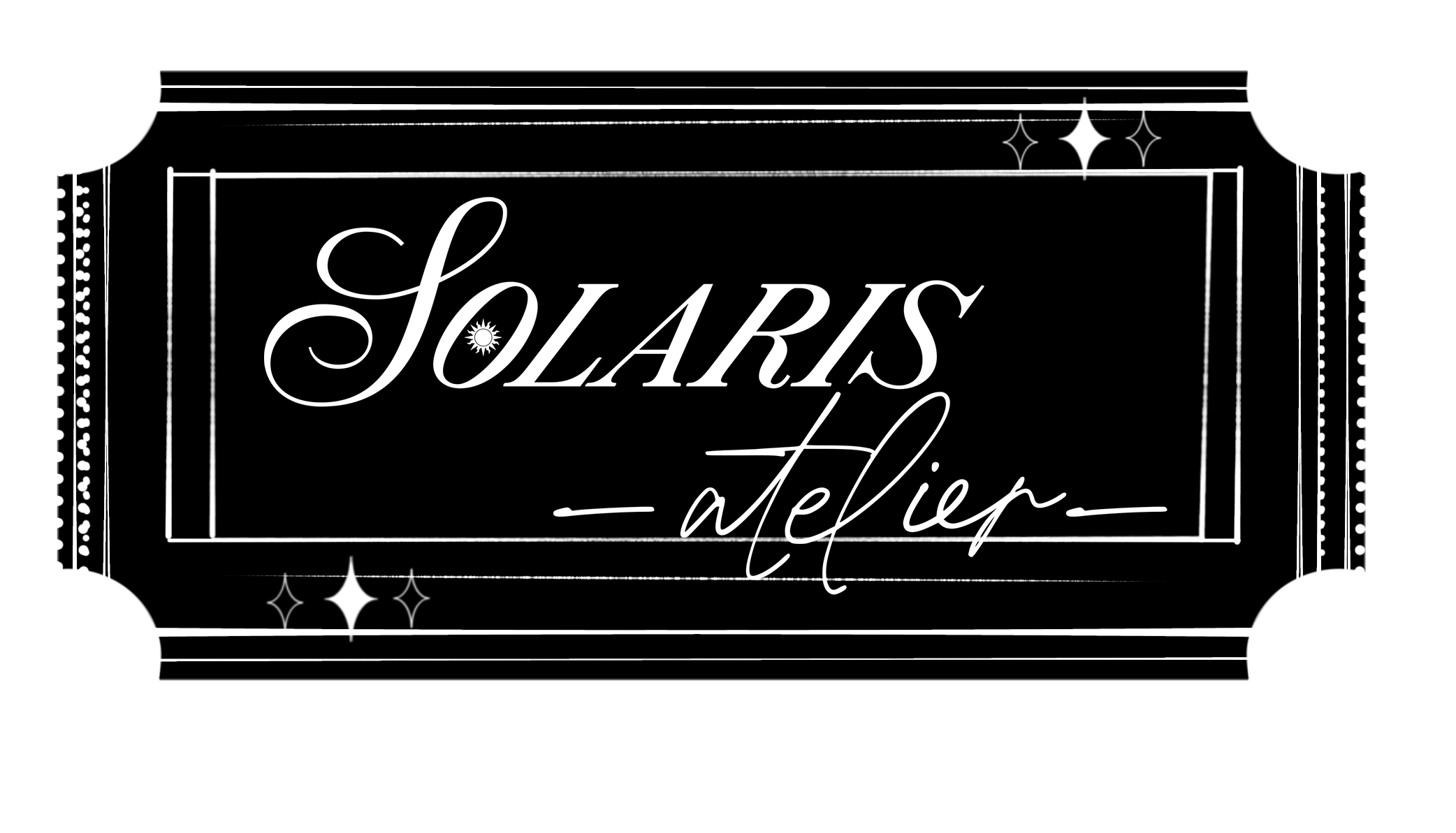Chapter 58
Rodella’s plan was meticulous.
First, she said she needed to prepare all the necessary documents, and she received full authority from Baron Ortin to handle the response to the incident.
“If I have to consult with the Ortin family every time I process paperwork, the other side might catch on to something.”
The Baron agreed without hesitation.
After all, the one handling this was the quartermaster of the Azure Order—backed by none other than Duke Royden himself, who was shooting a glare that practically said, Touch my fiancée and I’ll cut you down.
There was no reason to refuse.
“I’m counting on you.”
The Baron gave her a respectful bow, and Rodella responded with a confident nod, including Gareth Ortin in her gaze.
“Then let’s have Sir Gareth write the letter first.”
It had to look like Ortin was acting alone as much as possible.
Rodella gave him the contents of the letter to be sent to Count Bran. The contents were surprisingly simple:
[Please send a complete list of the damages to Baron Ortin’s property and buildings caused by Count Bran’s household, along with your proposed compensation plan.]
That was the gist of it.
It was the kind of standard document typically exchanged when such incidents occurred.
Not long after the letter was sent, a reply arrived.
The summary of the reply was: “They’re asking whether we’re ignoring their willingness to compensate just because we asked for the documents,” Aivert translated smoothly.
“I kind of want to reply that we’re very suspicious of their intentions.”
Rodella narrowed her eyes. Twenty years to repay it? They weren’t exactly a poor household.
But venting her frustration over such trivial details wouldn’t help the larger goal.
“Did the documents come properly?”
“Of course.”
Aivert handed her the paperwork.
Watching them, Gareth’s eyes were a mixture of hope and anxiety.
‘What are they planning to do?’
It was shocking enough to learn that the main building of their merchant company had been a gift from the imperial family.
It seemed they might be able to use that—but the only “proof” that it had been a royal gift was the cloud-shaped carving in the ruins.
‘What if the other side simply denies it came from the imperial family?’
That question was soon answered.
“Good.”
Rodella’s eyes stopped at a line on one of the documents.
[All compensation for the listed items and buildings will be provided in monetary form.]
That was what she had been waiting for.
Everyone knew that imperial property could never be compensated for with mere money. If she framed this as a crime against the imperial family, she could claim: Those bastards dared to reduce His Majesty’s gift to a monetary value.
The problem now was finding the artisan who had carved that cloud design, to prove the building was indeed a royal gift.
“I think I can find the artisan.”
The Administration Bureau regularly interacted with the families that handled construction inside the palace, so it wasn’t out of reach.
The problem was—
“They’re not likely to talk.”
Of course not. They’d be afraid of being accused of leaking imperial secrets.
Technically, she wouldn’t be asking about the layout of the palace or any military-sensitive details—just confirmation that the building had been constructed by imperial order.
But people naturally avoided anything even slightly risky.
However, Aivert looked completely unconcerned.
“There’s a more certain way.”
Whenever he spoke in that confident tone, it usually meant…
“I’ll just go to the imperial palace and ask directly. Who built the Ortin merchant headquarters.”
…Right. He was saying something outrageous again!
“What??”
“Excuse me??”
Even Gareth echoed her disbelief, but Aivert remained as calm as ever.
He was, in short, completely serious.
***
In the end, Aivert set off for the capital.
Rodella, the Baron, even Gareth tried to stop him—“You’re going to the imperial palace over something like this?”—but he was unmoved.
“I had something I needed to say anyway.”
It was probably related to his duties as Duke Royden, so they couldn’t stop him—but still, the Ortin family looked burdened by the idea.
“Anyone else have a better plan?”
With that single line, he silenced all objections.
Even Rodella had to step back. Because if it worked, there was no method more decisive than this one.
The problem was—of all the surviving imperial bloodlines, only the Emperor and the Crown Prince remained.
All others had either been purged or died in the war.
Which one would Aivert choose to speak to?
He was a man who preferred certainty. Rodella feared—and correctly guessed—that he would go directly to the audience chamber.
And sure enough—
“Your Majesty.”
At the palace, he shed the role of Rodella Syveric’s mischievous friend.
Now, he stood as Duke Aivert Royden.
“This is the first time you’ve requested an audience since inheriting your title.”
The Emperor looked down at him, a flicker of interest in his eyes.
“I had no intention of doing so until now.”
Aivert replied lightly—but the meaning behind his words was anything but.
In other words, he had deliberately kept his distance from the imperial family.
Of course, many noble houses acted according to their own interests, and even brazenly tried to expand their power beyond that of the Crown.
In that environment, claiming neutrality at least sounded loyal.
But when it came to the Royden family, it was a bit different.
Outwardly, the Roydens were a founding noble house, but they had long distanced themselves from the imperial family.
In the early days of the empire, they had frequent interaction, but over time, the Roydens grew more aloof—holed up in their territory, almost building a world of their own.
The cold, aristocratic air unique to the Roydens had become their signature—but also a way of mocking their refusal to engage with others.
By now, most assumed the Roydens and the imperial family had fallen out.
The biggest turning point was during the monster war.
When the previous Duke Royden died holding off monsters at the gates of the capital, the imperial family didn’t even try to retrieve his body—they focused solely on the palace’s defenses.
Naturally, people assumed the Roydens had no reason to support the Crown.
But that was only half-true.
“So then… can I take this to mean your stance has changed?”
The Emperor knew the Roydens could be a double-edged sword.
They had been a neutral blade—but that changed with the new duke.
The Emperor also knew that Aivert Royden, who was aware of the truth behind his father’s death, had no desire to pledge loyalty to the Crown.
Aivert hadn’t even tried to hide that.
“I have no intention of dying a dog’s death like my father.”
He had said that years ago.
The previous Duke Royden—his father—had not died simply fending off monsters.
Contrary to the official story, the Roydens had long supported the imperial family from the shadows.
Throughout every level of the empire—from rumors in high society to the deepest corners of provincial aristocracy.
Not just the main Royden family, but also those who followed them, bearing “R” as their middle initial, had infiltrated everywhere.
They were the eyes and ears, hands and feet, of the imperial family.
Unseen.
But what about those who were visible?
Near the end of the monster war, the only military force the Emperor had was the Red Order, which was dominated by pro-noble factions.
“What do you think they’ll do when the war ends?”
The previous Duke Royden, with eyes and ears across the empire, feared what would follow.
So he planned to disband or discredit the Red Order and form a new Azure Order to defend the Crown.
After consulting with the Emperor, he deliberately lured monsters into the capital to expose how lax the Red Order’s defenses had become.
But the plan went awry.
The city guard, who were supposed to fight beside him, were absent—dispatched to stop another monster horde the Red Order had failed to handle.
Left alone, the Duke faced a choice.
Run—or die holding the line.
Unlike his son, the previous duke didn’t possess overwhelming power.
There was no way he could defeat hundreds of monsters on his own.
But he could have escaped.
If he did, though, the Emperor inside the palace might die—and everything he’d built with the Emperor, including the plan for the Azure Order, would fall apart.
So in the end, he chose death.
For his house. And his sovereign.
Comments for chapter "Chapter 58"
MANGA DISCUSSION
Madara Info
Madara stands as a beacon for those desiring to craft a captivating online comic and manga reading platform on WordPress
For custom work request, please send email to wpstylish(at)gmail(dot)com





